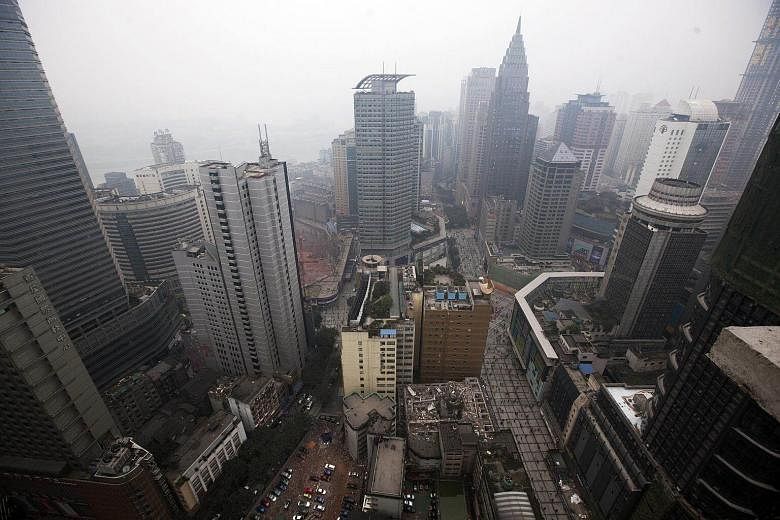A savvy businessman would have spotted the Chongqing Connectivity Initiative coming a long way off, according to one industrial property player whose company has jumped into the Chinese market.
Figtree Holdings managing director Danny Siaw says it was clear that, after the first two Singapore-China projects in the eastern cities of Suzhou and Tianjin, the western part of the country was the next candidate for a tie-up.
"There are three cities that are large enough to take on this kind of initiative: Xi'an, Chengdu and Chongqing," he adds.
"If you analyse it correctly or sensibly, of these three cities, two are provincial cities. Chongqing is a direct report to Beijing... so it is easier to set up the initiative."
The government-to-government Chongqing Connectivity Initiative, which kicked off in late 2015, has a heavy logistics focus and aims to develop a trade link from the south-western Chinese city to the Asean region.
And Figtree is now playing in its backyard, with a 20 per cent stake in an upcoming 21.8ha logistics hub that will offer integrated land, sea, rail and air services.
The property investment firm made its leap of faith earlier this year, forming a joint venture with fellow Singapore-listed company Vibrant Group to take a stake in Chinese logistics provider Pucheng.
"To operate in China, from our experience, we tend to focus on having a local partner who knows the local conditions," Mr Siaw says. "But the important thing is, we must be controlling the company."
Figtree and Vibrant hold a joint 51 per cent interest in Vibrant Pucheng Logistics (Chongqing)'s Yufu Industrial Park, which will include seven blocks of warehouses as well as retail outlets and eateries.
Work on the project is expected to start in the first quarter of next year and finish by 2021.
Figtree set off for Chinese shores partly on the back of a slow market for industrial property in Singapore. It is now banking on Beijing's One Belt, One Road initiative, says Mr Siaw.
But he prefers to keep his eye on opportunities in China, rather than the tie-in infrastructure developments across South-east Asia, since "the entire Belt is too long".
His company has prior experience in the Middle Kingdom. He points to investments in Jiangsu province, where it has a mixed-use development and an industrial park project under way.
Still, while Figtree also completed a 928-unit housing estate in Jiangsu last December, Mr Siaw says prospects are bright for industrial facilities, as there are fewer Chinese industrial developers compared with residential builders.
"Our product is more tuned to European standards," he says. "The locals are usually more driven by how much space they can build. They will maximise their space, but they won't think of what the manufacturers require... That sets us apart."
At the same time, he fancies that there is no risk of being crowded out in the market by other Singapore companies: "China is a big place, so it can accommodate. The cake is big, so we can share."
Noting that Singapore's Pacific International Lines has inked a deal to develop an integrated logistics park in the southern autonomous region of Guangxi, Mr Siaw says: "More likely we will not go down south... Up north, there are more opportunities. Going down south, it's a more mature market in general."


